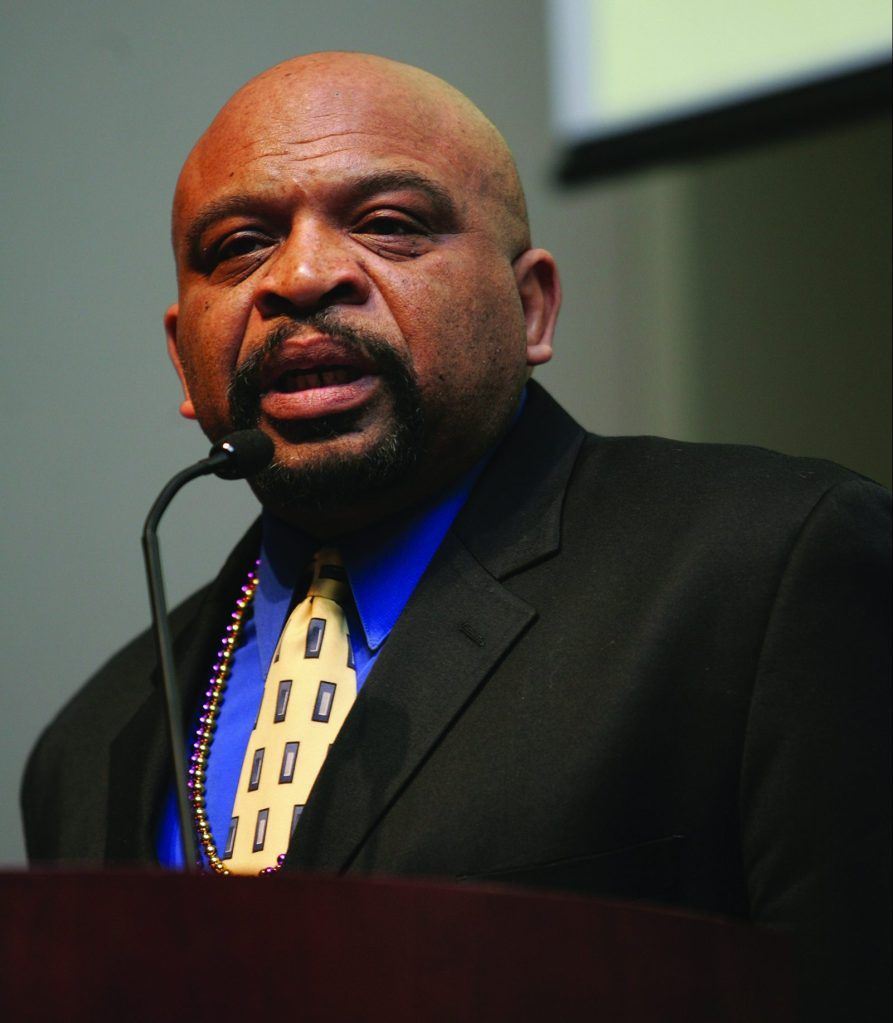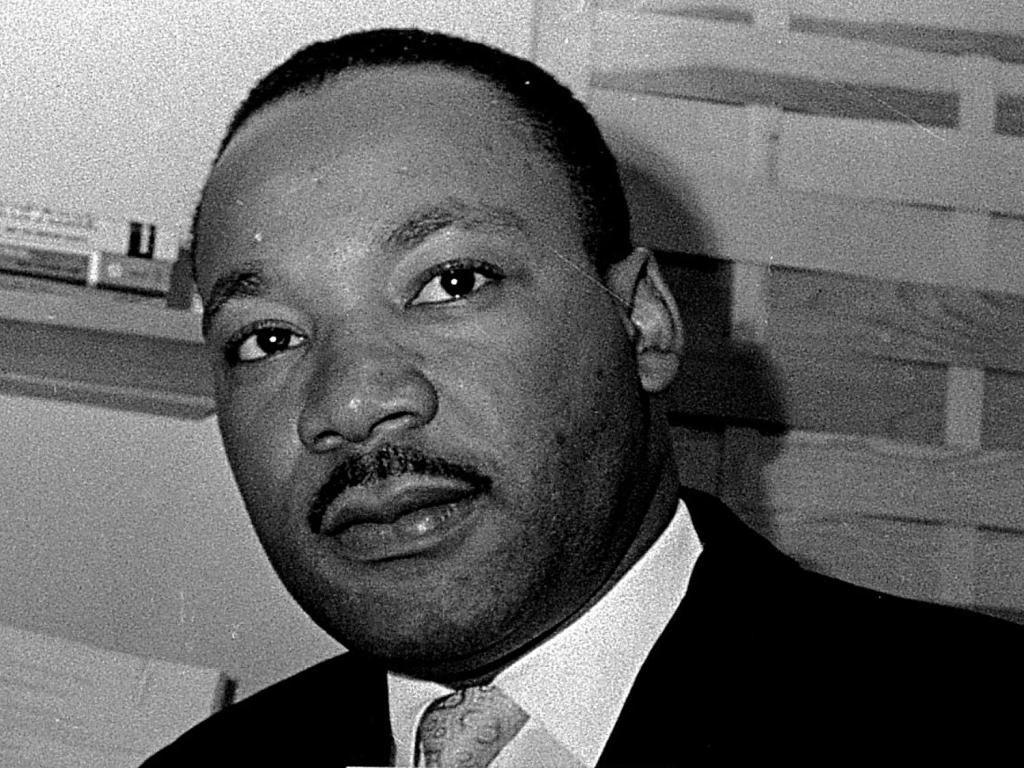OP-ED: At a time of soaring inequities, we must be race-conscious

The U.S. Supreme Court’s decision to outlaw affirmative action in higher education is a cruel, racist, and deeply harmful attack on people of color in this country. Affirmative action has, over four decades, made a significant positive impact on the diversity of college campuses, allowing many Black and Brown students to overcome systemic barriers which restrict access to higher education.
We’ve already witnessed the dreadful consequences of various states eliminating affirmative action programs in years’ past—case studies which paint a dark picture of what may now happen nationwide, absent a major overhaul of how colleges conduct their admissions process.
For example, immediately after California outlawed affirmative action through a voter referendum in 1996, the number of enrolled students from underrepresented groups plummeted by over 60% at UCLA and UC Berkeley, with a 12% overall reduction across the University of California system, according to University of California’s own study. Fewer students of color in prestigious universities meant fewer high-earning job opportunities after graduation, and thus a long-term decline in wages after they entered the job market.
The notion promulgated by right-wing media and politicians that affirmative action somehow disadvantages white and Asian students over Black and Latino students is not based on reality. Black and Latino students already face major obstacles to accessing higher education—a reality which affirmative action was designed to help counteract. Students of color in low-income school districts, for example, often lack access to high school AP courses and extracurricular opportunities—elements of students’ resumes that colleges rely on when considering applicants.
The fact is, race-blind admissions do nothing to overcome racism—on the contrary, they reinforce existing inequities.
It is not just Black and Brown people who will suffer from the elimination of affirmative action programs in higher education. Take, for example, how it could impact our nation’s healthcare system, today in dire need of additional caregivers to rebuild a workforce depleted from three years of the pandemic.
In her dissenting opinion, Justice Sonia Sotomayor points out that “increasing the number of students from underrepresented backgrounds who join ‘the ranks of medical professionals’ improves ‘healthcare access and health outcomes in medically underserved communities.’” We cannot build a healthy society if we do not create a truly diverse and representative healthcare workforce able to provide equitable and culturally-competent healthcare. In a nation where only 5.7% of physicians are Black, it is essential that medical schools do more, not less, to actively recruit a more diverse student body.
The sad fact is, the attack on affirmative action is based on a strategy as old as history itself—those in power attempting to pit working people of different backgrounds against each other to perverse their own wealth and privilege, at the expense of everyone else. We must not fall into this trap. All working people have a mutual interest in joining together, across races and ethnicities, in common struggle to build a fair and just society. A corrupt Supreme Court must not deter us.
The post OP-ED: At a time of soaring inequities, we must be race-conscious appeared first on New York Amsterdam News.
Urbanology The Art of War By W.A. Rogers
Urbanology The Art of War By W.A. Rogers I was introduced to Sun Tzu’s ancient Chinese classic, “The Art of War,” in 1968. I was in the United States Army stationed at Fort Hood, Tx. At this time, military intelligence was trying to find answers to explain how an army of farmers were about to
Home Buying in Harlem Be Prepared to Buy Now By Rev. Dr. Charles Butler
Home Buying in Harlem Be Prepared to Buy Now By Rev. Dr. Charles Butler Many low-to-moderate first-time home buyers are convinced they cannot afford to purchase a home in Harlem. Most of their belief stems from realizing the soaring home market values are beyond their means. They know that with rising interest rates, most banks
Six Decades after King’s historic speech, report shows Black economic quality is ‘Still a Dream’

Sixty years after Dr. Martin Luther King Jr. delivered his iconic “I Have a Dream” speech during the March on Washington for Jobs and Freedom, a groundbreaking new report has laid bare the stark truth of ongoing black economic inequality in the United States.
Titled “STILL A DREAM: Over 500 Years to Black Economic Equality,” the report, co-authored by prominent experts Dedrick Asante-Muhammad, Chuck Collins, Omar Ocampo, and Sally Sim, and published by the Institute for Policy Studies (IPS) and National Community Reinvestment Coalition (NCRC), underscores the enduring disparities faced by Black Americans and highlights the pressing need for concerted action to address these disparities.
“Sixty years ago, Dr. King observed that America has defaulted on this promissory note to Black citizens,” stated Chuck Collins, an IPS senior scholar who directs the Program on Inequality and the Common Good in Washington, DC.
“Six decades later, despite incremental progress on some fronts, the check of opportunity has still come back with insufficient funds.”
Dedrick Asante-Muhammad, Chief of Race, Wealth, and Community for NCRC, lamented, “It is deeply troubling that, sixty years after the March on Washington for Jobs and Freedom, Black economic equality remains nothing more than a dream for most Black Americans.”
“The revelation that it would take more than 500 additional years to close the economic gap for black Americans is a stark reminder of the systemic inequities that persist,” Asante-Muhammad asserted.
Sally Sim, a senior organizer, and project specialist at NCRC, emphasized the urgency of the situation.
“The sobering projection and findings of our report sixty years after the March on Washington for Jobs and Freedom reinforce that the dream for economic equality for Black Americans remains unfulfilled,” Sim stated.
“On this historic anniversary, let us turn this report into a catalyst for meaningful action towards comprehensive solutions and public support for policies and initiatives that promote black economic equality.”
Some key findings from the comprehensive report were that, despite modest advancements made by African Americans since the 1960s, including reduced poverty rates, increased high school attainment, and lower unemployment rates, income disparities between Black and white Americans have only slightly improved.
The report exposes that in 2021, African Americans earn 62 cents to every dollar earned by white families.
The report’s authors said, at this rate, achieving income parity would take an astonishing 513 years.
Further, the wealth gap between Black and non-Black Americans has experienced only marginal growth, with African Americans possessing 18 cents for every dollar of non-Black wealth in 2019.
If this pace continues, it will take approximately 780 years for Black wealth to match non-Black wealth.
Median household income for African Americans has shown minimal growth, growing just 0.36% since the turn of the century.
Strikingly, it remained lower than white median family income in 1963.
Even after over six decades, the Black-white homeownership divide persists.
Black homeownership has grown from 38% in 1960 to 44% in 2021, while white homeownership surged from 64% in 1960 to 74% in 2021.
The report outlined a series of recommendations to combat black economic inequality:
1. Advocate for full employment and guaranteed jobs to ensure equal economic opportunities for all.
2. Enact a substantial land and homeownership program to address the enduring homeownership gap between Black and white Americans.
3. Commit to individual asset building, including financial education, asset matching programs, and supportive policies, to facilitate access to wealth-building opportunities for Black Americans.
4. Implement policies to reduce dynastic concentrations of wealth and power, tackling the structural barriers that impede economic progress for Black Americans.
5. Explore targeted reparations to address historical injustices and provide meaningful redress for the economic disparities Black Americans face.
The authors noted that, as the nation reflects on King’s enduring vision for equality and justice, the report serves as a sobering reminder that pursuing Black economic equality remains an unmet challenge in America.
“The findings of this report are sobering and demand immediate and comprehensive action to address the economic disparities faced by African Americans,” remarked Omar Ocampo, a researcher for the Program on Inequality and the Common Good at IPS.
“We must invest in transformative policies that address systemic racism and create an equitable society.”
The post Six Decades after King’s historic speech, report shows Black economic quality is ‘Still a Dream’ appeared first on New York Amsterdam News.
6 Things You Need To Know About Owning A Vacation Rental Home
The #1 source in the world for all things Harlem.
Are you thinking about investing in a vacation rental home? With the growth of online platforms like Airbnb and HomeAway, owning a vacation rental property has become an increasingly attractive option for real estate investors. While there are many benefits associated with this type of investment, it’s important to understand that there are also risks…
The post 6 Things You Need To Know About Owning A Vacation Rental Home appeared first on Harlem World Magazine.

